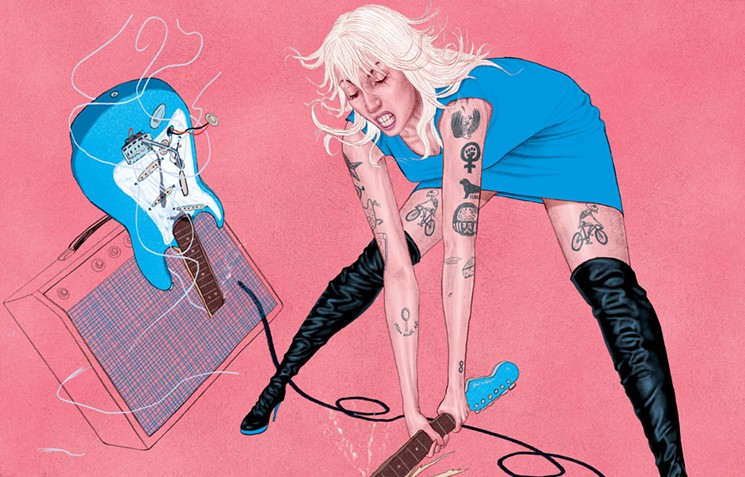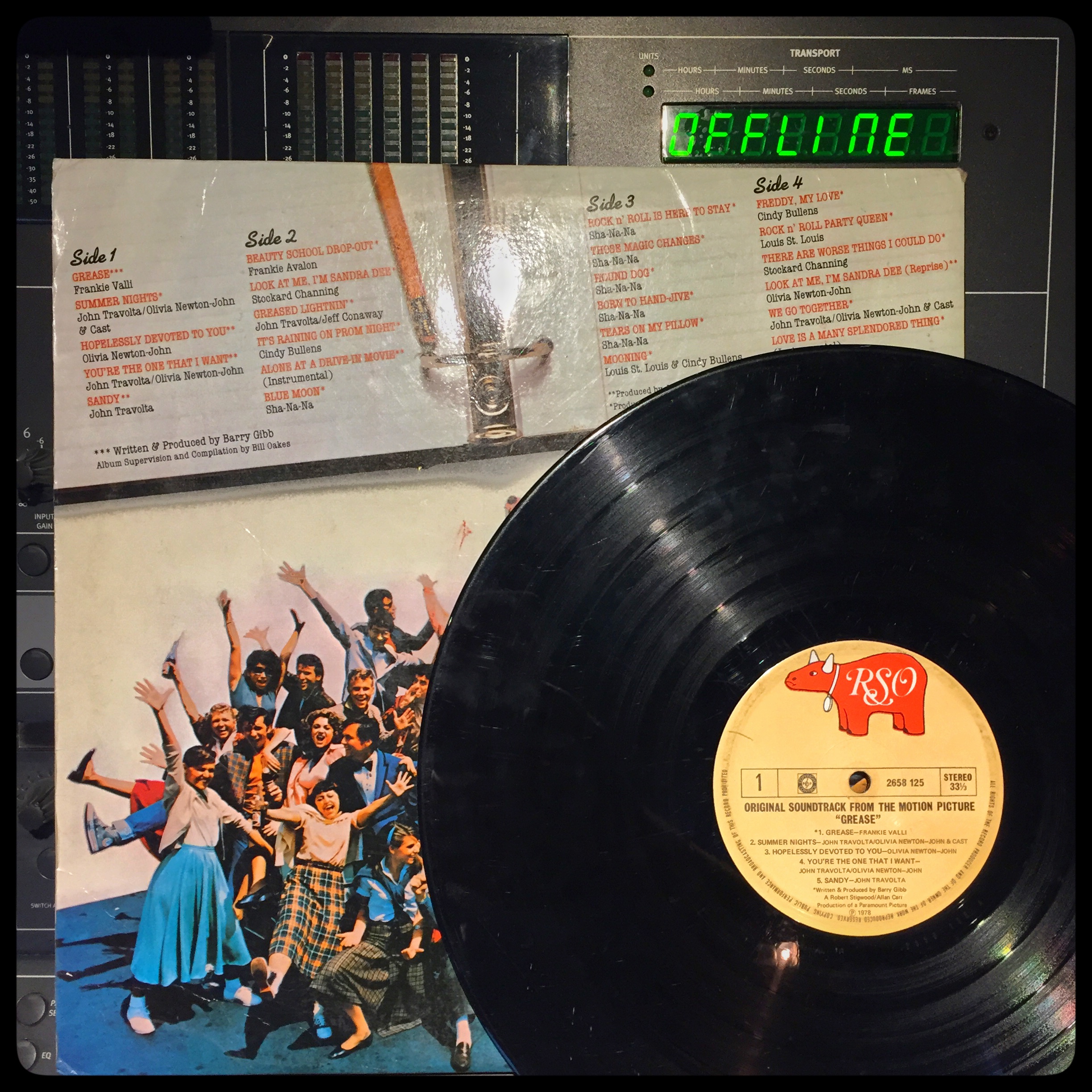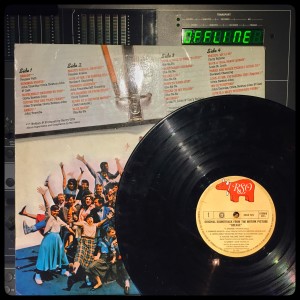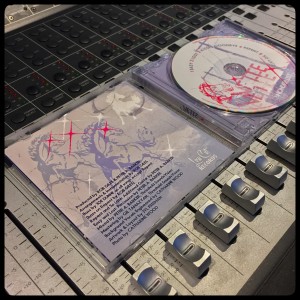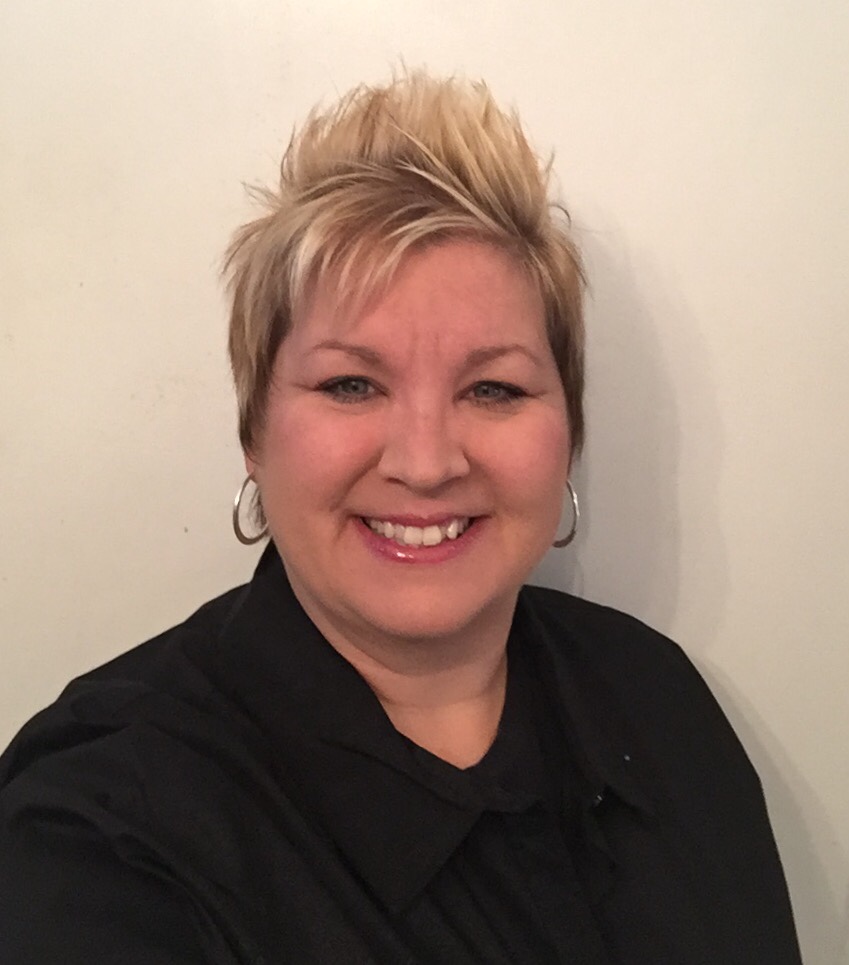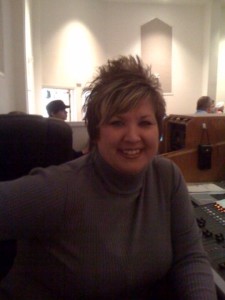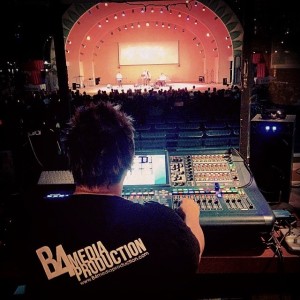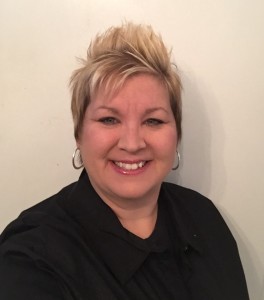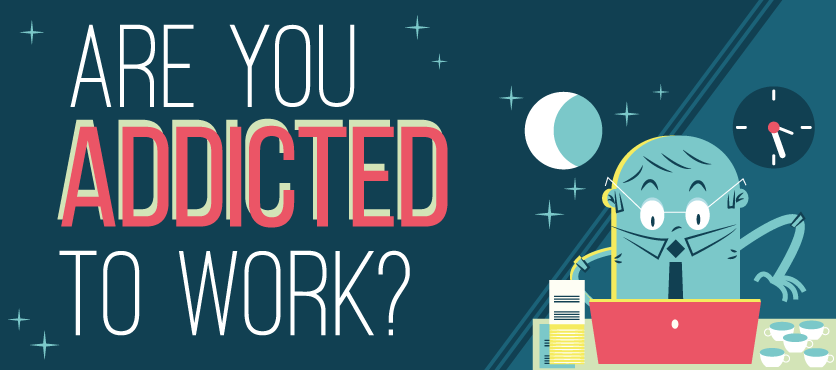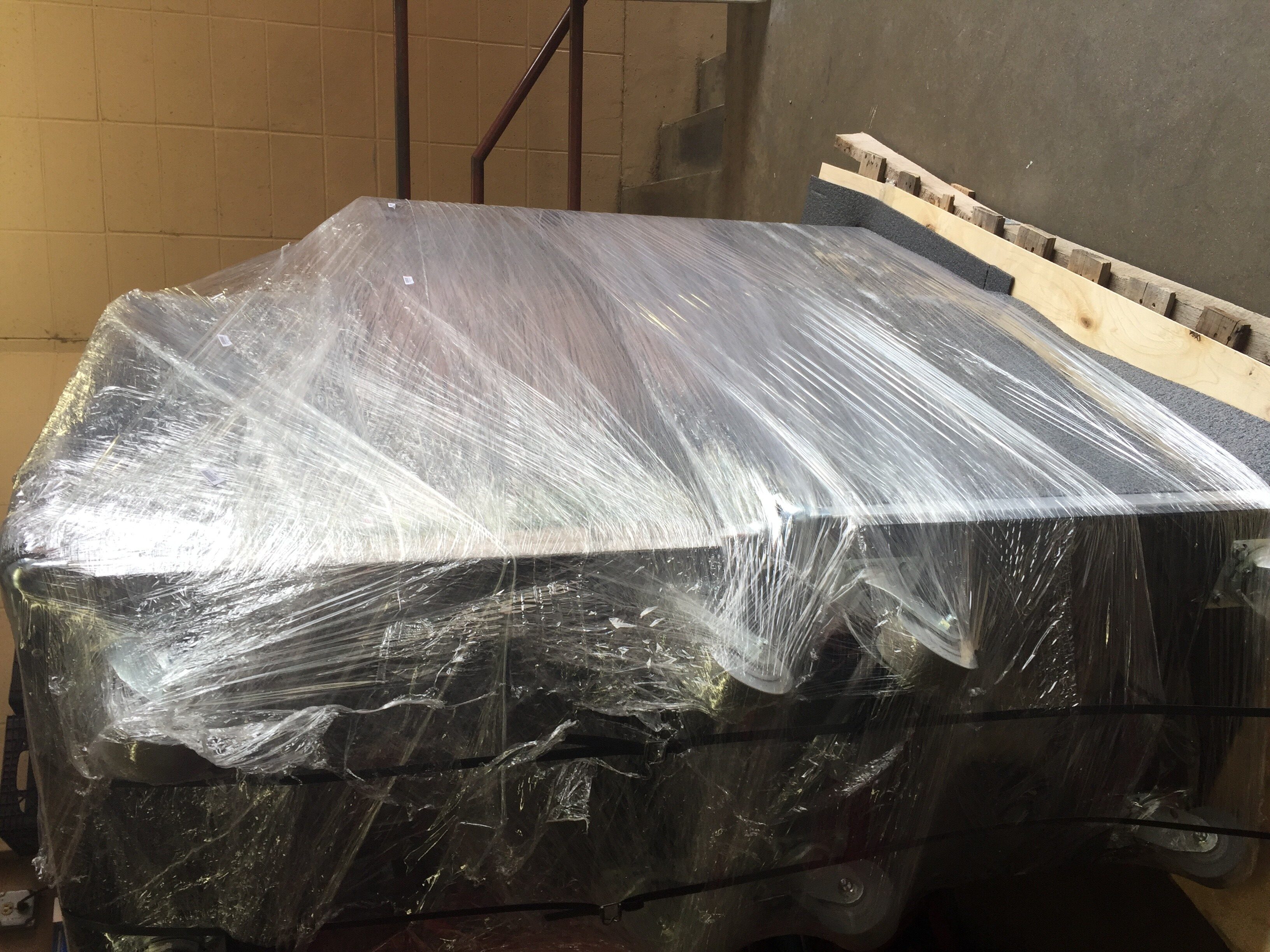
What is the Fair Labor Standards Act?
Fair Labor Standards Act – Know the changes and how they might affect you.
Effective December 1, 2016, the Fair Labor Standards Act (FLSA) will create a change in salary base pay for many people working throughout the US. FLSA increases the weekly base pay requirement for salaried employees from $455 a week to $913 a week or $47,476 a year. You can find more specific and direct details here. As a bit of an overview with this new act if you make less than the $913 per week as a salary for a 40-hour work week, and you end up working more than 40 hours within that week, you are entitled to either compensation time or overtime pay; both at time and a half. Compensation time (comp time for short) means paid time off for 1.5 times the amount you worked over 40 hours during that week. Let’s use for example a situation where you work 42 hours in one payroll week. With the changes in the FLSA, you would get that 2 hours in either comp time or overtime pay plus half equaling 3 hours of overtime for that week. Your employer gets to decide if they will give you comp time or overtime pay when you work any extra time.
You’ve maybe run into this in the past and just altered time the next week so that it all balances out. With the new rules, it doesn’t work like that any longer. Overtime is based on a “per payroll week” schedule which is 40 hours within one 7-day period. That 7-day period can be determined by the employer. Mine has set it up as the workweek is Sunday through Saturday. So if I work 42 hours one week and 38 the next I would end up with 3 hours of comp time or extra pay from the first week and 2 hours missing from work or being taken as vacation time from the second week.
This FSLA policy is another layer on top of an earlier act that does not allow you to volunteer for your employer doing the work that they already pay you to do. As a result, volunteering for work is also not an option. You can read up on the rules regarding volunteering at your workplace for the work you are already paid to do here.
At this time, I am unable to speak about or clarify any rules regarding what FSLA looks like for anyone who freelances or works solely for themselves so I recommend that you take a look at the ruling so you know if there are any changes for you or your workplace. I do know FLSA does not affect those who are already paid hourly and already have overtime opportunities.
What does it looks like when applied to the workplace?
For many of us, this change is big as our work weeks are often very full, loaded with non-standard hours, and rarely ever 40-hours a week. I have been asking what other people are doing and many people have said they weren’t sure or are going to figure it out later. The system that I work in adopted these new rules almost immediately, so I thought I would share what has been happening for me in hopes others might be able to learn more and work out their own plan.
Personally, FLSA is causing a lot of change for me and many others in my organization. My salary is less than $47,476 a year and the organization I work for is not prepared to pay the overtime. It also happens that there is a policy within my organization that limits how much comp time I could accrue, if allowed at all, as a result they have decided to save the comp time for emergencies and high profile events. Overall, the goal in my organization is to never pay overtime or to allow anyone to accrue comp time.
My organization decided to start practicing for this change in September of this year. That means once I reach my 40 hours each week, that’s it. Time to go home. Although I am excited for an opportunity to get paid fairly for the hours I put in, I am struggling with the idea to just walkout at the 40-hour mark. My integrity seems to be getting in the way. I struggle with the idea of walking out no matter what is happening, and potentially not being there for critical issues. The other force that I am up against is the policies of not accruing comp time, not paying for overtime, and not volunteering. It has been interesting to find a way to navigate between these lines and feel good about it.
Now some people would say well that means they need to hire a second person, or that I’m doing too much work for one person, which could be true nevertheless in the near future with budget concerns the staffing level isn’t going to change. Just like some of you who work in smaller clubs sometimes the money just isn’t there to create the needed change so we take it one step at a time.
But I digress, to navigate this new balance there are a couple of things I have been doing. First, I do what I can to plan my upcoming schedule accordingly to balance out the needs of events and other responsibilities of my position, while adhering to my time limit. I submit my work plan in advance of each workweek for approval to show when I will be working and when I will be away. I find myself working only 4 days a week on average, working various days and hours each week. Second, I have set specific office hours’ time where I can do the planning, administrative tasks, and ensure that I am managing my staff effectively. I set these items into my calendar when I think the office is quiet to prevent interruptions, and when I can best connect with my staff. Third, I find now I am even more focused on reviewing my schedule from a longer-range perspective. Instead of working 2 weeks out, I have found I am looking 3 or 4 weeks ahead. This is so I can get the information I need for events farther in advance to plan my hours accordingly. It also helps to combat the time draw that last-minute events create on my now extremely tight timetable. For the most part, this process seems to be working, although I have still had a couple of weeks with some extra time. The schedule is something that those around me have struggled to deal with. In the past, I had a more fixed schedule, and people knew when they could find me. Now each week varies, and there is a lot of adjusting going on. It’s been a reasonable place to start, a good practice also, as it isn’t even my most busy season yet.
The process of adhering to the FLSA definitely changes things for me. I appreciate the early planning and progress that has been made so far, to understanding the impact of adhering to the new rules. Figuring this out is a work in progress, and is not yet perfected. However, I wanted to share with you a reminder of the new rules, in the event, they impact you, as they do me. I hope that sharing the basics of the rules helps you start thinking about how this may impact you and that sharing my approach may help you determine your own plans in anticipation of this change. It’s not too soon to get started thinking about what this may mean to you and how it may change your work-life balance.
Links:
https://www.dol.gov/whd/overtime/final2016/overtime-factsheet.htm
http://webapps.dol.gov/elaws/whd/flsa/docs/volunteers.asp

